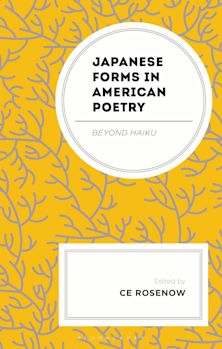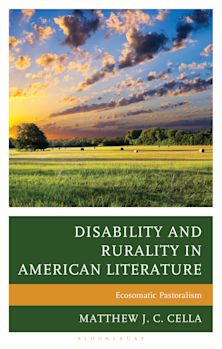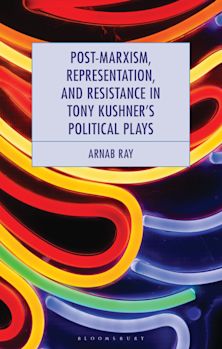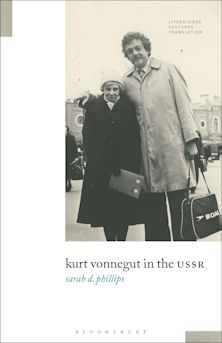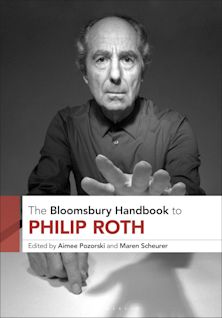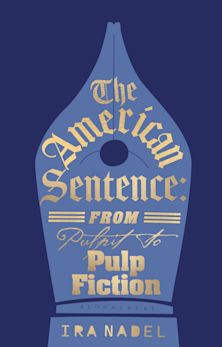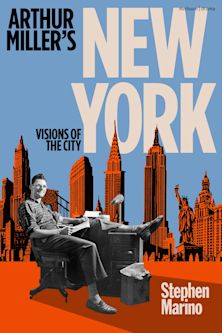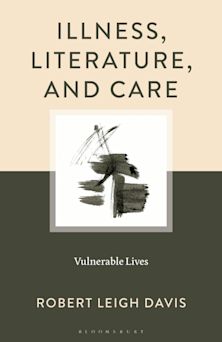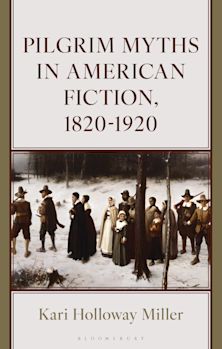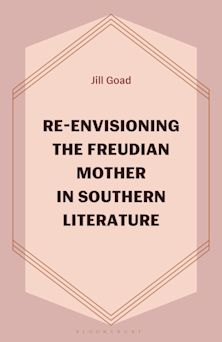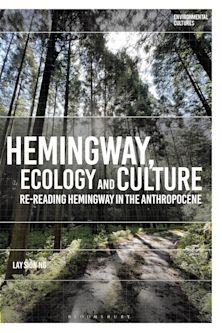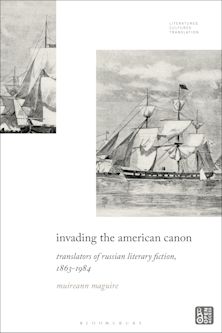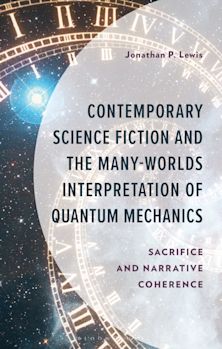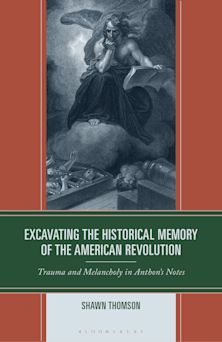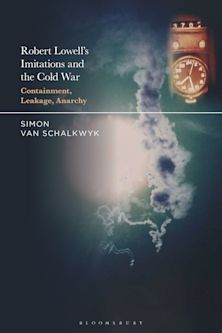Dark Nature
Anti-Pastoral Essays in American Literature and Culture
Dark Nature
Anti-Pastoral Essays in American Literature and Culture
This product is usually dispatched within 2-4 weeks
- Delivery and returns info
-
Flat rate of $10.00 for shipping anywhere in Australia
Description
In The Ecological Thought, eco-philosopher Timothy Morton has argued for the inclusion of “dark ecology” in our thinking about nature. Dark ecology, he argues, puts hesitation, uncertainty, irony, and thoughtfulness back into ecological thinking.” The ecological thought, he says, should include “negativity and irony, ugliness and horror.” Focusing on this concept of “dark ecology” and its invitation to add an anti-pastoral perspective to ecocriticism, this collection of essays on American literature and culture offers examples of how a vision of nature’s darker side can create a fuller understanding of humanity’s relation to nature. Included are essays on canonical American literature, on new voices in American literature, and on non-print American media. This is the first collection of essays applying the “dark ecology” principle to American literature.
Table of Contents
Richard J. Schneider, “Introduction”
Dark Nature and the American Canon
1.Gina Claywell, “'Famine is a Frightful Monster': Constructing Nature in Colonial Road Trips by Sarah Kemble Knight and William Byrd II”
2.Elizabeth Kubek, “'Passage into New Forms': The Negative Ecologies of Charles Brockden Brown”
3.Mark Henderson, “Dutchmen on the Brink: The Ghost Ship as Avatar of Dark (American) Nature in Poe's 'MS. Found in a Bottle.'”
4.Jesse Curran, “Thoreau's Week and the Work of the Eco-lament”
5.Frederico Bellini, “The Gnostic Dark Side of Nature in Herman Melville and Cormac McCarthy: Carrying the Fire out of Arcadia”
6.Jennifer Schell, “Fiendish Fumaroles and Malevolent Mud Pots: The EcoGothic Aspects of Owen Wister's Yellowstone Stories”
7.Monika M. Elbert, “Frontiersmen, Robber Barons, Architects, and the Darkening Aesthetics of Nature in Willa Cather's A Lost Lady”
Dark Nature and New Voices
8.Richard J. Schneider, “The Dark Side of Two Nature Writing Genres: Nature Noir
Product details
| Published | 04 Oct 2016 |
|---|---|
| Format | Hardback |
| Edition | 1st |
| Extent | 290 |
| ISBN | 9781498528115 |
| Imprint | Lexington Books |
| Illustrations | 2 b/w photos; |
| Dimensions | 236 x 162 mm |
| Series | Ecocritical Theory and Practice |
| Publisher | Bloomsbury Publishing |
Reviews

ONLINE RESOURCES
Bloomsbury Collections
This book is available on Bloomsbury Collections where your library has access.












